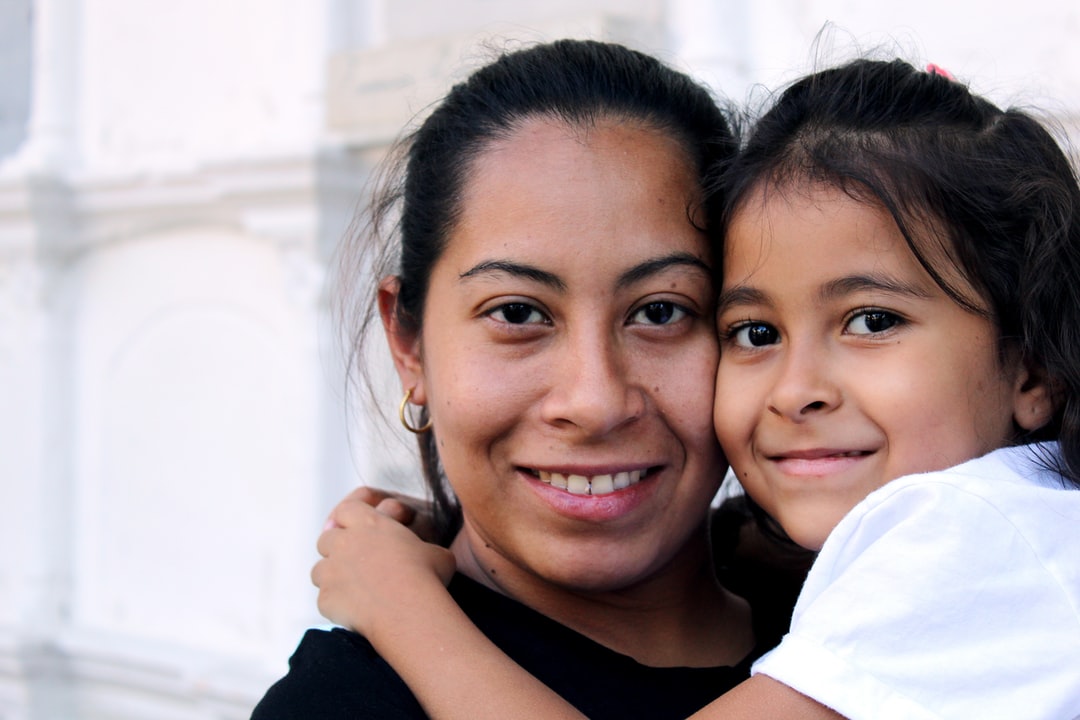Overcoming Generational Trauma

You know you got your hairline from your Dad’s side of the family and your eye colour from your mom. You know diabetes runs in your family, as do heart disease and Parkinson’s.
But do you know that trauma also passes down from one generation to the next in many families? It’s not just our physical makeup and risk of disease that we inherit, it is also the emotional wounds as well.
What is Transgenerational Trauma?
Before you were born, floating in your mother’s womb, you were susceptible to the influence of her emotions. When she felt joy, her body released hormones that made you feel joy. When she felt sad, scared, or angry, her body released different hormones that made you experience those feelings. In that way, your body and the ‘wiring’ of your nervous system were constructed as a function of her stress and coping skills — lower stress and better coping meant a calmer environment for you to soak in over those first nine months. More stress and poorer coping, may have left you primed to enter this world already more reactive to stress.
Growing up, those stresses may have continued. No home is always happy and harmonious. Parents can be emotionally distant, scary and unpredictable at times, or even abusive because of temporary life challenges, or because they may have been raised by parents who were also struggling.
Either way, unresolved traumas can works their way across one generation to the next. Families who have dealt with addiction, depression, anxiety, terror, racism, and poverty very often struggle to recover from those injuries and can pass-along negative emotions, poor behaviours, low self-esteem, and maladaptive coping strategies, despite being good people who probably genuinely wanted the best for their children.
Intergenerational Trauma Can Stop With You!
Even if you have a history of family conflict or trauma you can still be the person who stops that pattern. You can be the one to create new cycles where you work to pass down loving communication and positive self-worth. Of course, it can take a lot of really difficult work on your part to overcome the pain of a difficult family history, but no one should expect perfection. We all learn by trial and error, and having realistic expectations for yourself of what is good and good enough really helps. That’s why it’s a good idea to work with a mental health professional who can offer you the right tools and coping strategies that you can then pass down to your own children.
SOURCES:
